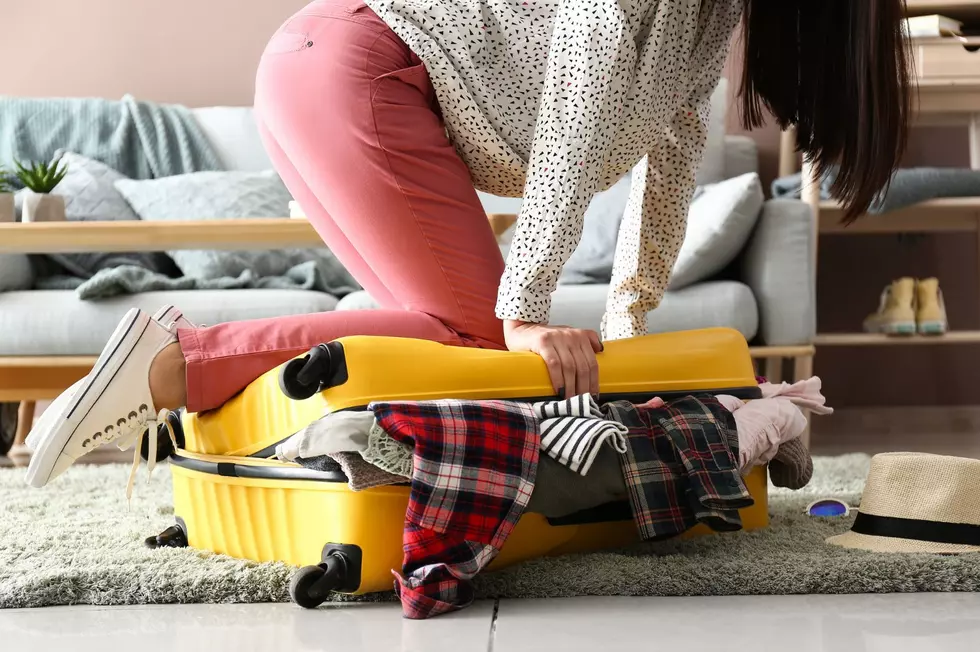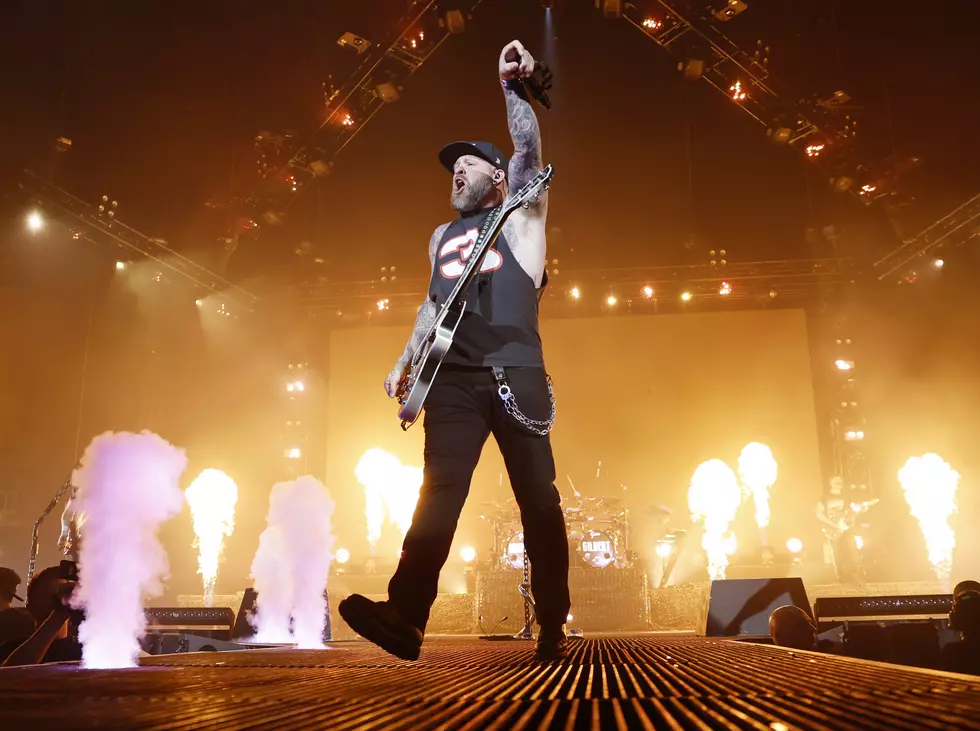
Surviving Winter Storms In New York With Generator Safety Tips
Winter can be beautiful in New York but it can also bring power outages because of the snow and ice weighing down the power lines. A backup generator can make all the difference but they can also be very dangerous if you don't use them the right way.

The Outdoor Power Equipment Institute (OPEI) has some generator safety tips that all New Yorkers should keep in mind.
Take Stock of Your Generator
Before you find yourself in the middle of a storm, make sure your generator is in good working order. Give it a thorough check before the storm hits so it's ready when you need it.
Review the Directions
Read and follow the manufacturer's instructions in the owner's manual. Knowing how the features work can help you to use it safely.
Install a Battery-Operated Carbon Monoxide Detector
Carbon monoxide is a silent killer, and using a generator indoors can lead to buildup, which can be fatal. Put in a battery-operated carbon monoxide detector to to let you know if there are any dangerous levels in your home or building.
Have the Right Fuel on Hand
To protect your investment and keep your generator working at its best, use the correct fuel recommended by the generator manufacturer. Don't use fuel with more than 10% ethanol in outdoor power equipment.
Make Sure Your Generator Has Enough Ventilation
Generators should never be used indoors or in enclosed spaces. Keep them away from windows, doors, and vents to stop carbon monoxide from entering your living area.
Keep Your Generator Dry
Generators are made to stand some moisture, but it's important to avoid operating them in wet conditions whenever possible. If you have to use a generator in the rain or snow, cover it up and use the proper ventilation.
Only Add Fuel to a Cool Generator
Before refilling your generator, let it to cool down and turn it off. Putting fuel in a hot generator can lead to spills and accidents.
Charge and Use Battery-Powered Generators Correctly
If you're using a battery-powered generator, recharge it only with the correct charger from the manufacturer. Follow the instructions so that it runs at it's best and keeps everyone safe.
Plug in Safely
When plugging your appliances to the generator, make sure to use heavy-duty, outdoor-rated extension cords. Don't use an extension cord and directly plug your appliances into the generator if at all possible..
Put In a Transfer Switch
For powering hardwired appliances, try to install a transfer switch that connects the generator to the circuit panel. This will give you a safe power supply to specific parts of your home.
Do Not Backfeed Power into Your Home Electrical System
Backfeeding, or attempting to power your home's wiring by plugging the generator into a wall outlet, is very dangerous. It can hurt utility workers and neighbors connected to the same transformer. Backfeeding can damage your electronics or even cause electrical fires.
Winter Preparedness Checklist For New York State Residents
Winter Preparedness Checklist For New York State Residents
More From 98.1 The Hawk









